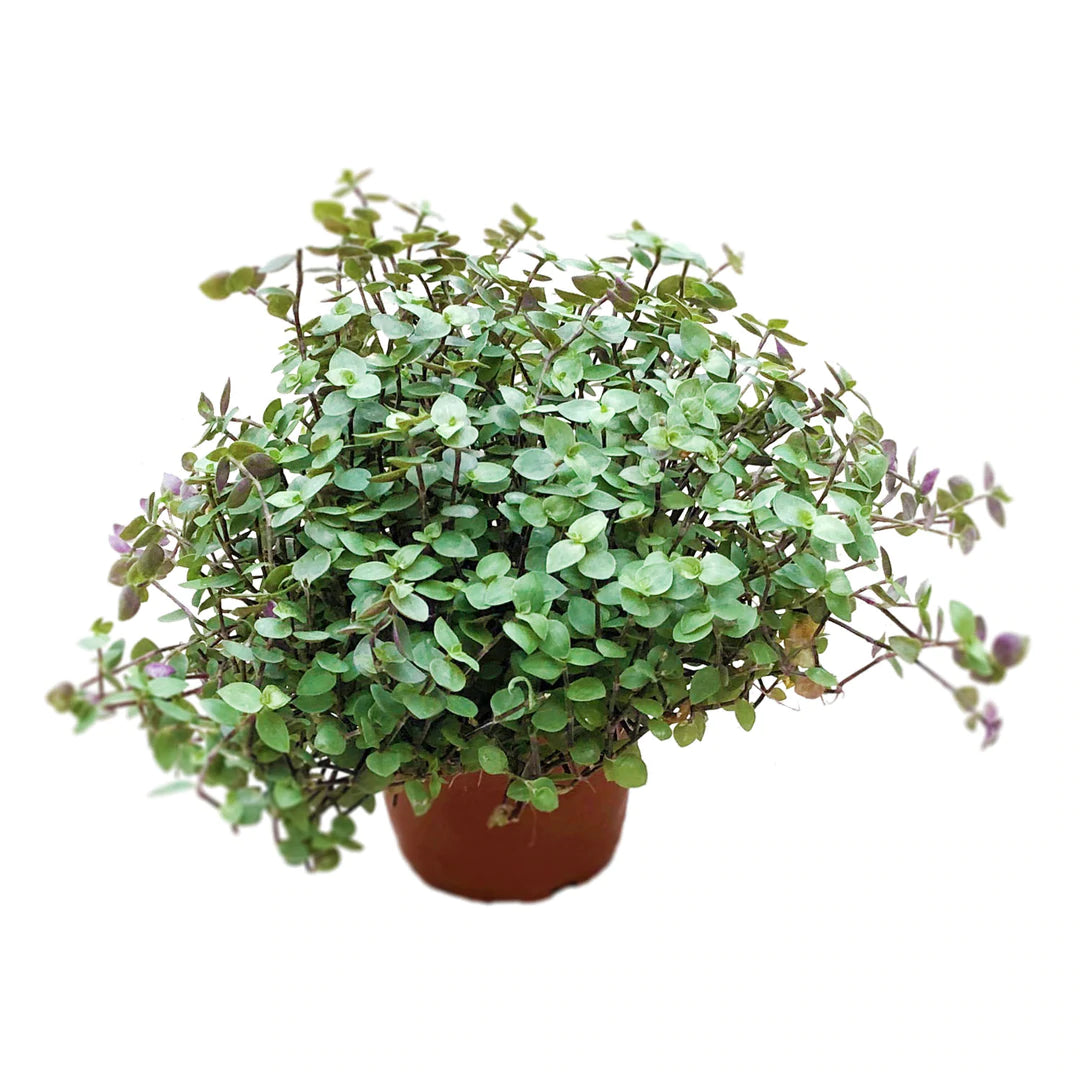
The Truth About Turtle Vine: Is it Toxic to Your Feline Friends?
As a cat owner, you want to provide the best care for your furry friend. You may have heard of Turtle Vine, a popular houseplant that is known for its beautiful foliage and low maintenance. But have you ever wondered whether Turtle Vine is safe for your feline friend? There is a lot of misinformation out there about plants that are toxic to cats, and it can be confusing to know what to believe. In this article, we will explore the truth about Turtle Vine and whether it poses a danger to your cat's health. We'll take a closer look at the plant's toxicity levels and discuss what symptoms to look out for if your cat ingests this plant. So if you're a cat owner who loves indoor plants, read on to learn more about the safety of Turtle Vine for your feline friend.
What is Turtle Vine?
Turtle Vine, also known as Callisia repens or the Inch Plant, is a trailing plant that is native to Central and South America. It's a popular houseplant because of its delicate, heart-shaped leaves and low maintenance requirements. It's often used in hanging baskets or as a ground cover in gardens due to its spreading nature.
The plant gets its name from its ability to grow and spread quickly, similar to a turtle's pace. It's a relatively hardy plant that can grow in a variety of lighting conditions, making it a popular choice for indoor gardening. However, it's important to know that Turtle Vine is a member of the Commelinaceae family, which includes other plants that are known to be toxic to cats, such as Wandering Jew and Spiderwort.
Contradictory Information: Reports on the toxicity of Turtle Vine to cats are conflicting. Some sources suggest that Turtle Vine is non-toxic, while others, including the American Society for the Prevention of Cruelty to Animals (ASPCA), list it as potentially harmful. This discrepancy emphasizes the importance of staying informed and seeking updated information.
ASPCA's Perspective: The ASPCA, a reputable source on plant toxicity, has listed Turtle Vine as toxic to cats. According to their database, Turtle Vine contains compounds that can lead to gastrointestinal issues if ingested by cats. These symptoms may include vomiting and diarrhea, potentially causing dehydration and other health complications.
Expert Opinions: While the ASPCA provides valuable insights, it's essential to consider multiple perspectives. Some horticulturists and plant experts argue that Turtle Vine is generally safe for cats when consumed in small quantities. However, caution is advised as individual pet sensitivities can vary.
Preventive Measures: Regardless of conflicting information, it's crucial for pet owners to take preventive measures. If you have Turtle Vine or are considering adding it to your home, consider placing it in an area inaccessible to your cats. Additionally, providing alternative cat-friendly plants can redirect your pet's curiosity away from potentially harmful ones.
Consulting a Veterinarian: When in doubt, consulting with a veterinarian is the best course of action. Veterinarians can offer personalized advice based on your cat's health, lifestyle, and any potential risk factors. If you suspect your cat has ingested Turtle Vine or any other potentially toxic plant, seek immediate veterinary attention.
Conclusion: The debate surrounding Turtle Vine's toxicity to cats underscores the importance of thorough research and vigilance when choosing indoor plants in homes with pets. While conflicting information exists, erring on the side of caution and consulting reliable sources can help you make informed decisions for the well-being of your feline companions.
Reference Links:
Benefits of indoor plants for cats
While it's important to choose plants that are safe for your pets, there are numerous benefits to having indoor plants in your home. Plants can improve air quality, reduce stress levels, and even help with concentration and productivity. For cats, plants can provide a source of mental stimulation and help to reduce anxiety.
When choosing plants for your home, it's important to consider your cat's behavior. Some cats may be more prone to chewing on plants or knocking them over, so it's important to choose plants that can withstand a bit of roughhousing.
How to keep your cat safe around plants
To keep your cat safe around plants, it's important to take a few precautions. First, make sure to research any plant before bringing it into your home to ensure that it's safe for your pets. You should also make sure to keep plants out of your cat's reach, either by placing them on high shelves or using hanging baskets.
If you have a particularly curious cat, you may want to consider using a cat deterrent spray to discourage them from chewing on plants. You can also provide alternative sources of stimulation, such as cat toys or scratching posts, to keep your cat entertained and engaged.
Conclusion: Should you have Turtle Vine in your home?
While Turtle Vine may be a beautiful and low maintenance plant, it's important to consider the risks it poses to your feline friends. If you're a cat owner, it's always better to err on the side of caution and choose plants that are known to be safe for your pets. If you already have Turtle Vine in your home, make sure to keep it out of your cat's reach and monitor your cat for any signs of poisoning.
Remember, your cat's health and safety should always come first. By choosing safe plants and taking precautions to keep your cat away from toxic plants, you can create a healthy and happy home for both you and your furry friend.
